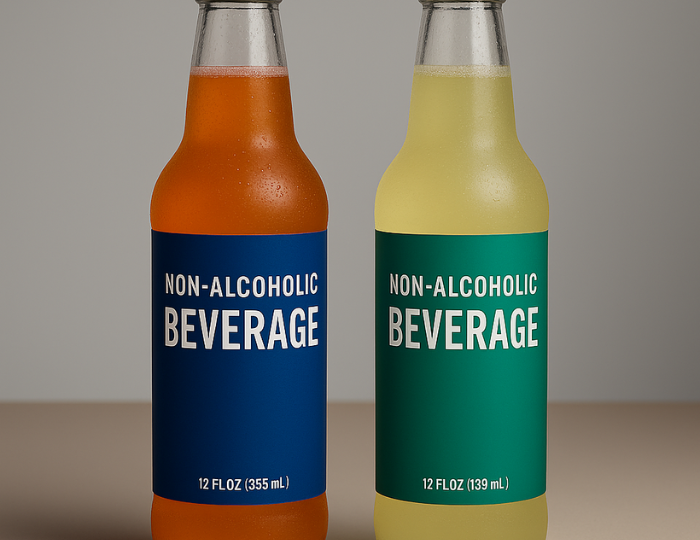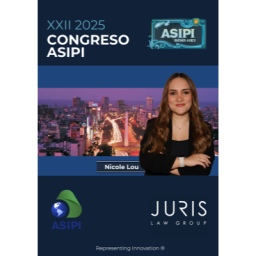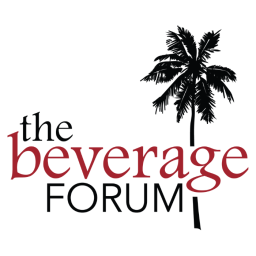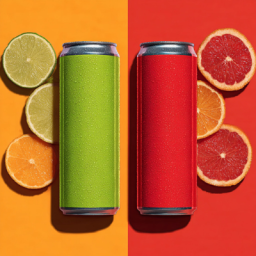
During the 2025 Beverage Forum in Manhattan Beach, California, one of the most compelling discussions centered on the rapid growth and regulatory complexity of the non-alcoholic beverage sector. A key highlight was the panel featuring Jake Bullock, Co-Founder and CEO of Cann, and the team from ALMAVE, who explored the booming non-alcoholic category and the blurred lines between wellness products and traditional beverage segments. Their insights underscored the significant growth and consumer interest in non-alcoholic beverages, highlighting both the opportunities and regulatory complexities in this dynamic market.
Understanding the Regulatory Landscape
The non-alcoholic beverage space is rapidly evolving, and so is its regulatory oversight. While many assume that removing alcohol from a product simplifies compliance, the opposite is often true. The rise of alcohol-removed wines, zero-proof spirits, adaptogenic drinks, and functional seltzers has created a gray area that regulatory bodies are still working to define. For brands operating in this space, understanding which agency governs your product—and under what framework—is a foundational step in reducing legal risk.
In the U.S., non-alcoholic beverage regulation does not fall under a single agency. Products may be regulated by the Food and Drug Administration (FDA), Alcohol and Tobacco Tax and Trade Bureau (TTB), or the United States Department of Agriculture (USDA), depending on composition, processing, and marketing claims. For instance:
- Alcohol-removed wines and dealcoholized beers often still fall under TTB jurisdiction, which enforces strict requirements on labeling and removal processes.
- Functional beverages with herbal ingredients may trigger FDA oversight under the Dietary Supplement Health and Education Act (DSHEA), especially when they include claims related to mood, sleep, or performance.
- Botanical-based drinks and adaptogen products might be classified as dietary supplements or foods with added functional ingredients, requiring unique disclosures and manufacturing compliance.
This regulatory ambiguity makes it critical for brands to classify their products correctly before entering the market. Misclassification can lead to misbranding, product seizures, or even consumer class-action lawsuits.
Key Legal Considerations for Non-Alcoholic Beverage Brands
For emerging brands in the non-alcoholic sector, legal strategy needs to be as dynamic as product innovation. The following are among the most important areas where beverage companies need legal precision to operate safely and scale sustainably:
1. Labeling and Health Claims Compliance
Marketing language like “functional,” “adaptogenic,” “stress-relieving,” or “zero-proof” can invite scrutiny from the FDA and FTC. These terms must be backed by appropriate substantiation, especially when they imply therapeutic benefits.
Additionally, even small discrepancies on product packaging—like missing ingredient disclosures, nutrition facts, or allergen statements—can trigger warning letters or product holds at distribution centers. We support brands through comprehensive label reviews that meet both federal and state-specific requirements (such as Prop 65 in California).
2. Ingredient Approvals and GRAS Determinations
Many functional beverages rely on novel ingredients—botanicals, nootropics, or international extracts—that may not be classified as Generally Recognized as Safe (GRAS) in the U.S.
3. Trade Name Protection and IP Strategy
With hundreds of non-alcoholic SKUs entering the market each month, securing brand identity through trademark registration is paramount. We perform clearance searches, file USPTO and international trademarks, and structure brand protection strategies to reduce the risk of infringement disputes. We also assist with trade dress protection—particularly valuable in categories where bottle design, label artwork, or signature colors define a brand’s visual identity.
4. Distributor and Retail Agreements
As non-alcoholic beverages move into mainstream channels—both on-premise and through major national retailers—contracts with distributors, wholesalers, and brokers must be clear, enforceable, and aligned with long-term growth goals.
5. International Regulatory Expansion
With the global demand for wellness and non-alcoholic products increasing, many brands are looking to export. It is essential that companies in the process of international expansion seek guidance from a law firm with experience in beverage law and cross-border compliance. Such counsel can help ensure proper labeling and regulatory classification in markets like the EU, Canada, and Latin America—each of which maintains unique standards for alcohol-free and functional beverages. A qualified legal partner will also coordinate with foreign counsel to secure cross-border intellectual property protection and maintain compliance throughout international expansion efforts.
Frequently Asked Questions
Question 1: How can I ensure my non-alcoholic beverage’s labeling complies with FDA and FTC regulations?
Answer 1: Engage legal counsel to review all labeling and marketing materials, ensuring that claims are substantiated and comply with relevant regulations.
Question 2: What steps should I take to get novel ingredients approved for use in my beverage?
Answer 2: Conduct a thorough GRAS assessment, possibly involving scientific studies, and consult with regulatory experts to navigate the approval process.
Question 3: How can I protect my brand in the competitive non-alcoholic beverage market?
Answer 3: Register trademarks early, monitor the market for potential infringements, and enforce your intellectual property rights proactively.
Question 4: What should I consider when expanding my non-alcoholic beverage brand internationally?
Answer 4: Research and comply with each target country’s regulatory requirements, including labeling, ingredient approvals, and marketing restrictions.
Conclusion
The non-alcoholic beverage industry presents exciting opportunities for innovation and growth. However, navigating the complex regulatory landscape requires careful planning and expert guidance. By addressing labeling, ingredient approval, intellectual property, and international compliance proactively, businesses can position themselves for success in this dynamic market.
For more information on how Juris Law Group, P.C. can assist with your non-alcoholic beverage initiatives, please contact us.





